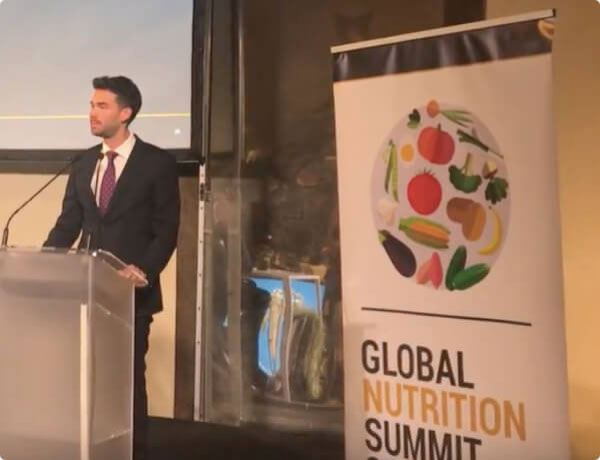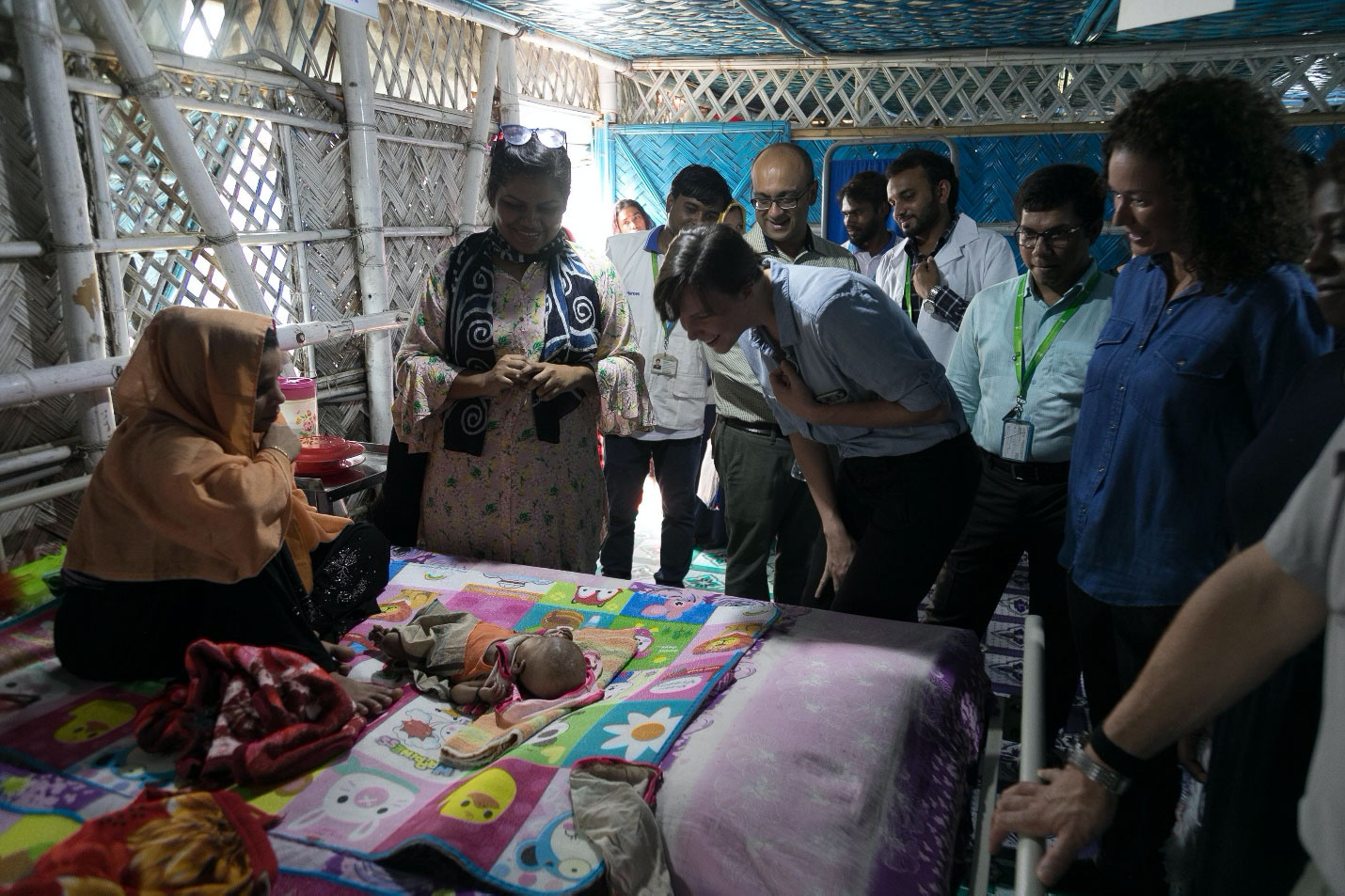At the first N4G Summit in 2013, 110 stakeholders committed to prevent at least 20 million children from being stunted – saving at least 1.7 million lives by 2020. These commitments deliver much-needed action on policy and financing commitments to the Sustainable Development Goal (SDG) 2—Ending Hunger in All its Forms—which is an underlying driver of 12 of the 17 SDGs. As we continue the Nutrition for Growth Year of Action, take a look at how pledges made during the N4G summits in London (2013) and Milan (2017), have brought about positive impacts on global nutrition.
Malnutrition is a child’s worst enemy. Although the world has halved malnutrition over the past three decades, continued progress is not a given. Globally, malnutrition remains the leading cause of death for children under five, and each year, kills three million children. The COVID-19 pandemic is likely greatly exacerbating what was already a global crisis. At the Eleanor Crook Foundation (ECF) we believe that in order to end poverty and hunger by 2030, greater investments in global nutrition must become a top development priority. For this reason, at the 2017 Milan Global Nutrition Summit, ECF announced a $100 Million commitment to fund research and advocacy for global nutrition over the course of the Sustainable Development Goals (2015-2030).
ECF is principally focused on scaling improved solutions to child undernutrition with the ultimate goal of saving children’s lives and enabling them to excel in school, work, and beyond. Despite the existence of proven and cost-effective interventions to address malnutrition, implementation at scale remains minimal. To encourage scale-up, ECF partners with world-renowned multilateral organizations, NGOs, universities, and other partners to conduct implementation research. Likewise, we invest in research on the integration of scalable interventions in health systems and development of local, community capacity to reach a sustainable impact on nutrition. Recognizing that financing is a significant barrier to scale, we invest in advocacy to make nutrition a policy and funding priority for government donors, global institutions, and country governments.

ECF has partnered with diverse, high-performing organizations to implement this strategy and to drive significant progress towards our objectives. For example, in 2018, ECF provided funding for the International Rescue Committee to investigate the impact of low-literate community health workers (CHWs) treating uncomplicated cases of severe acute malnutrition (SAM). They tested a simplified wasting treatment protocol in South Sudan at the community level before leading a coalition of NGOs to pilot the wasting treatment approach in Malawi, Nigeria, and Kenya. The study showed promise that deploying CHWs to treat SAM in areas with high prevalence and low treatment access may lead to higher recovery and reduced treatment time. Ultimately, with the right tools, CHWs can be empowered to successfully complete treatment for children who need care. This approach also helps to reduce the burden of care on the child and their caregiver, bringing services closer to them.
In any year, scale-up of lifesaving interventions is critical, and ECF works to push forward progress alongside key partners. Now, the COVID-19 pandemic has taken the long-standing global malnutrition crisis and raised it to unconscionable levels, exacerbating it to the tune of 6.7 million additional wasted children by the end of 2020 alone. Executive Directors of four UN agencies recently issued a Call to Action: “Child Malnutrition and COVID-19: The Time to Act is Now,” outlining priority interventions, key nutrition actions, and the need to mobilize at least $2.4 billion to “protect children’s right to nutrition in the face of the COVID-19 pandemic.” At ECF, we are convening partners to mobilize around the funding appeal and exploring over $30 million in grants to achieve a major scale-up of improved wasting treatment.
To further close the nutrition financing gap, ECF announced the Global Nutrition Financing Alliance with the U.S. International Development Finance Corporation (DFC) in early August 2020. Working with other private capital investors, this partnership will mobilize at least $100 million to improve nutrition outcomes in low- and middle-income countries. Private sector investments will address the effects of COVID-19 on malnutrition and food insecurity and tackle the root causes of malnutrition, all with the goal of saving more lives and building stronger economies.

